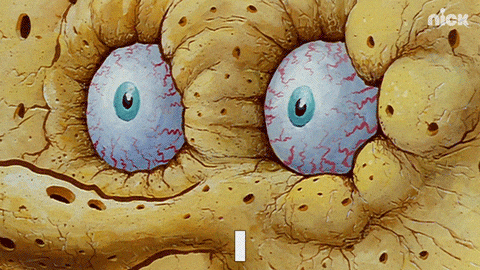In Douglas Adams' classic science fiction series, The Hitchhiker's Guide to the Galaxy, we are introduced to a universe filled with bizarre and often absurd situations. However, beneath its humorous exterior lies an exploration of ethical considerations that challenge our own moral compasses.
One such example is the treatment of the poor, hapless Earth as it gets demolished by Vogons in order to make way for a new hyperspace bypass. While this act may seem cruel and unnecessary at first glance, one could argue that from the perspective of an advanced civilization like those found throughout the galaxy, such actions might be considered necessary for progress or survival. This raises questions about who has the right to decide what constitutes acceptable destruction or change on a planetary scale - especially when dealing with beings whose understanding and experience are vastly different than our own.
Another ethical consideration presented in The Hitchhiker's Guide to the Galaxy is the concept of sentience. Throughout the series, we encounter various forms of life that challenge our traditional definitions of what it means to be conscious or self-aware. For example, Marvin, a robot with depression, struggles with feelings and emotions despite being made entirely of metal and circuits. This challenges us to consider whether machines can truly experience pain and suffering in the same way humans do - and if so, how should we treat them?
In conclusion, The Hitchhiker's Guide to the Galaxy offers a thought-provoking exploration of ethical dilemmas that resonate far beyond its interstellar setting. By challenging our preconceived notions about morality and consciousness, it encourages us to question our own beliefs and consider alternative perspectives - an invaluable lesson for anyone navigating through life's many mysteries.
